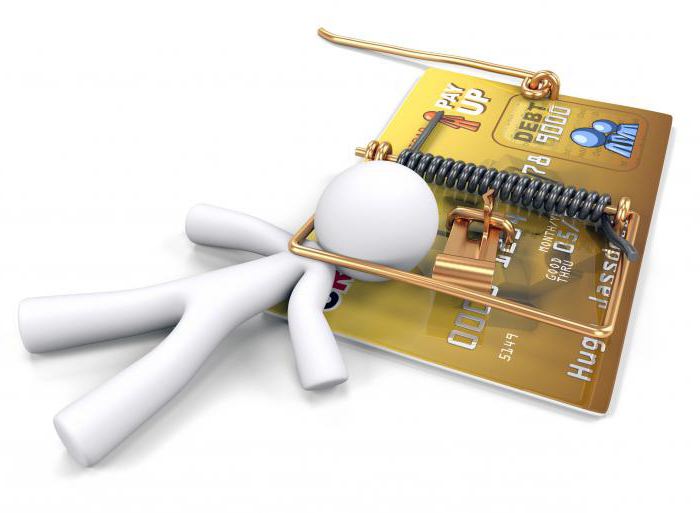Many stores offer to purchase goods by installments. Until recently, such an opportunity was expected only in large retail outlets that sell expensive goods, for example, household appliances, furniture, and interior details. Now, installment without overpayments is replete with the banners of most even medium and small shops. This service is also offered in some food chains, especially during public holidays.  It’s worth sorting out what is installment plan and what tricks sellers hide.
It’s worth sorting out what is installment plan and what tricks sellers hide.
Installment is a payment in installments
There are some specific features when purchasing goods by installments. To begin with, installment is not a loan. The contract is drawn up in a completely different format. Moreover, no banks in this document appear as lenders and creditors. Installment plan is the repayment of the value of goods in certain parts over a period of time. If you have put down in the contract interest for using the issued funds, by installments, the financial transaction that has been carried out may not be called. Commissions may be present: we will analyze their features below. However, there should not be any interest rates.

Difference from loan
Installment plan is the repayment of debt to the seller for the purchased goods by making payments for a certain period of time specified by the terms of the contract. This contract is concluded directly with the store, without participation banking systems lending. That is, in one part of the contract your data is entered as a buyer, and in the other - details of the trading organization in which you purchased the goods. A purchase and sale document is compiled where the terms are agreed upon, after which the client agrees to pay the cost of the purchased item. Interest on the use of credit funds is not included in such an agreement. Therefore, installment payment is a more economical option for acquiring the necessary goods.

Installment plan with a bank
If the contract still includes a third party, a certain financial structure, then either you are being deceived, or there are additional points that you should carefully study and deal with the information provided. Some large stores do issue loan offers from partner banks for their own installments. At the same time, the consumer's benefit drops significantly. If during registration of installments you are directed to the racks of banks, carefully ask the representative about the conditions of the installment plan, about possible payments and commissions. Better yet, independently carefully study the sample of their contract.
The consultant is instructed in such a way as to attract customers, and not scare off frank information about the amounts of overpayments, and therefore can withhold important information. In the agreement, according to the law, absolutely all payments must be indicated, the total amount of commissions and overpayments, their percentage. An installment plan without overpayments involving a bank is really justifiably called an installment plan, if the agreement states that the store makes a discount on the purchased goods in the amount of interest for using the bank's funds. In this case, the buyer actually purchases the goods at the previously stated price, without overpaying for using the loan.

Contract and its execution
Relations between the seller and the buyer are governed by an installment agreement. This document displays all the rights and obligations of both the buyer and seller.The time period for which the client agrees to pay the cost of the goods, the commission for the design and review of the service, the penalty, as well as the amount of monthly amounts payable is agreed. In the contract, the buyer can be indicated as a borrower, and the seller as a creditor. However, this does not change the matter. The agreement does not become credit from this. The installment document cannot include late fees or early repayment of debts. Only a specified penalty may be recovered within the limits of the norm established by the state, for improper performance of obligations.

Documents for registration
The regulated list of documents is not reflected anywhere. Each seller has the right to independently compose it. So, the reasons for failure can also be very different. To take something by installments, you may need the following list of documents proving your identity and income: passport with permanent registration, certificate of employment in the form of 2-NDFL or free (depending on the requirements of the seller), information on property and real estate owned by the buyer, information on persons willing to vouch for the client, phone numbers from the place of residence and work, information on existing loans and debts.
The buyer can be denied at any time if the administration has not arranged any item on the questionnaire. Perhaps your workplace will be considered an unreliable source of income or it will be too little. Lack of fixed telephone numbers from the place of residence and the employing company are also often the cause of the refusal. Do not forget that the store, upon signing the contract, has the right to contact the Credit History Bureau in order to obtain information about the borrower's responsibility.

Installment restrictions
In installments, you can take any product, however, most often - these are goods of a high price category. These include furniture, household appliances, branded clothes and shoes, digital appliances, materials for construction and repair, jewelry and so on. Prices are set by the seller. The installment plan does not provide for interest, but there may be commissions for filling out the questionnaire and considering the application. Usually the installment date is limited to two years. The most commonly used interval is from six to twelve months. Sometimes installments can be up to three months. Installment without down payment is often practiced in household appliances stores, in the rest, the down payment is usually from 30% of the purchase amount.
Commission, overpayment
Making installments through a bank is a more expensive undertaking. Do not agree to issue a card. This will incur additional costs for servicing your personal account. In addition, the installment plan cannot contain commissions and late fees in the contract higher than the maximum rate established by the state. The state has established the following rule when calculating the penalty: 1/300 of the current refinancing rate per day. At the moment, it is 11 percent. 11/300 = 0.0367% of the amount owed per day. If you have a debt of 30,000 rubles, for the day of delay you will have to pay only 11 rubles. Compared to bank fines, this is a ridiculous amount.  In addition, banks often arrange insurance for loans, which significantly increases the overall result. Remember that under the law you have the right to refuse it or write a statement and demand personal funds back after the contract expires and all payments are closed.
In addition, banks often arrange insurance for loans, which significantly increases the overall result. Remember that under the law you have the right to refuse it or write a statement and demand personal funds back after the contract expires and all payments are closed.
Installment plan in "Eldorado"
Let's take an installment plan at an Eldorado home appliance store as an example. Installment plan in Eldorado refers precisely to the cases when the bank appears in the contract. Terms of the store’s offer: down payment - 0%, account maintenance fee - 0%, provision commission - 0%. Installments are issued in the amount of 2 to 150 thousand rubles. Its term can be from six months to two years.The partner of the Eldorado chain of household appliances and electronics stores is Alfa-Bank financial institution. To apply for installments, you will need a passport of a citizen of the Russian Federation, as well as one of the following documents to choose from: a foreign passport, driver's license, SNILS or TIN. Please note that when applying for installments, all products are deducted discounts and promotions. This is done because a discount of interest on the use of credit funds of Alfa Bank is expected. Otherwise, the store will simply be unprofitable to sell you the selected product. Consent to apply for installment plan is given by the bank. But the decision to include in the insurance payment package remains with the client.
